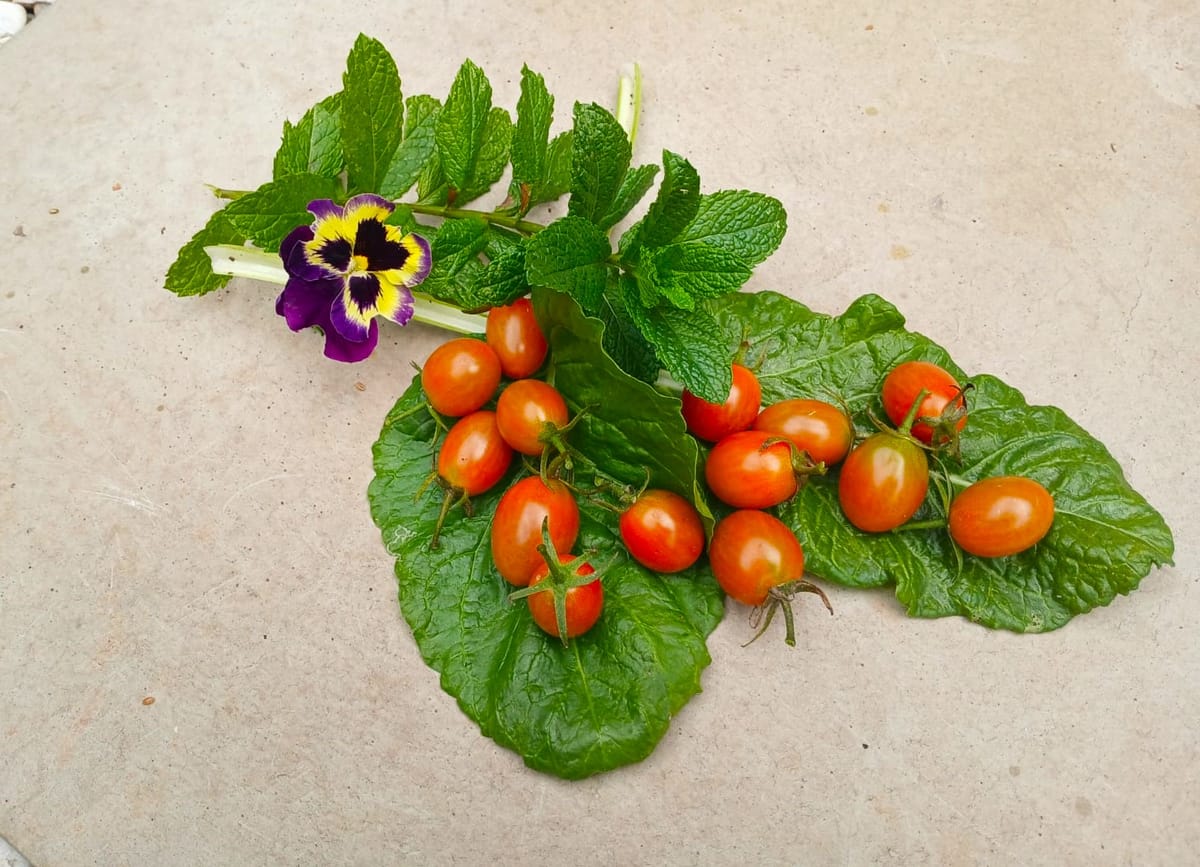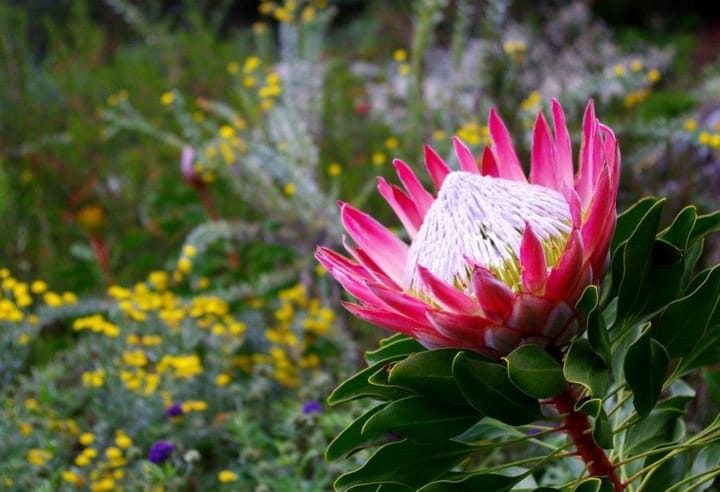Eating sound, even while travelling
Eating well while travelling ensures steady energy, combining local produce, biltong, seafood, and hydration essentials for a healthy, memorable journey.


Travelling across Southern Africa often involves long stretches on the road, early starts for game drives, and nights spent under canvas in remote locations. Maintaining balanced nutrition in such conditions can be challenging, yet eating soundly while travelling is essential to keep energy levels steady and ensure that every day of exploration is enjoyed to its fullest.
Roadside food options, particularly along major routes like the N1 through South Africa or the N4 heading into Mozambique, can be convenient but are often heavy, fried, or high in sugar. Many seasoned travellers bring fresh produce from local markets to supplement their meals. In Swaziland’s Mbabane market, vendors sell mangoes, avocados, and dried nuts that store well and provide a healthy snack while on the move.
In Windhoek, Namibia, city stalls offer crisp apples, tomatoes, and other vegetables, helping travellers resist the temptation of overly processed foods. Simple choices like keeping a stash of bananas, carrots, or boiled eggs in a cooler box make a significant difference in daily nutrition.
Protein is another cornerstone of travel nutrition. South Africans’ famous biltong offers both a cultural experience and a practical source of sustained energy. Hard cheeses, nuts, and tinned fish or beans are all easy to store and prepare in a small camp kitchen or over a portable stove. Many overlanders rely on a small gas burner to prepare quick lentil soups, bean stews, or scrambled eggs, ensuring that protein intake remains adequate during days spent exploring Kruger National Park or hiking in the Drakensberg.
Hydration cannot be overlooked, particularly in hot, dry regions like Botswana’s Makgadikgadi Pans or Namibia’s Damaraland. Travellers often carry large supplies of water, supplemented with naturally caffeine-free rooibos tea, which helps maintain hydration and provides comfort during downtime at campsites.
In addition, mild herbal teas available in local markets across Zimbabwe and Zambia offer both refreshment and subtle nutrients. Meals can also incorporate local flavours to make them both enjoyable and nourishing. Grilled sweet potatoes, butternut squash, or seasonal greens like spinach and kale can be prepared alongside meat at a Kruger camp or in a roadside shelter, providing fibre, vitamins, and variety.

Coastal Mozambique offers fresh fish and seafood, which, when grilled over a fire, supply lean protein and omega oils essential for long days of activity. Seeds and dried fruits such as pumpkin seeds or dried apricots can be sprinkled over breakfast cereals or mixed into salads to boost nutrition and keep energy levels high.
Eating soundly while travelling does not demand a full kitchen. It requires foresight, small adjustments, and a willingness to combine convenience with nourishment. By keeping fresh produce, protein sources, and hydration essentials on hand, travellers can maintain vitality while also enjoying the journey. Choosing locally grown fruits, nuts, and vegetables also supports regional communities and ensures meals connect with the environment and culture.
The result is simple yet effective: travellers who eat thoughtfully experience better energy, clearer focus, and a deeper sense of satisfaction with their surroundings. Whether camping beneath mopane trees in Botswana, exploring the dunes of Namibia, or navigating the winding roads of the Drakensberg, mindful eating enhances both the journey and the memories it creates.





Comments ()